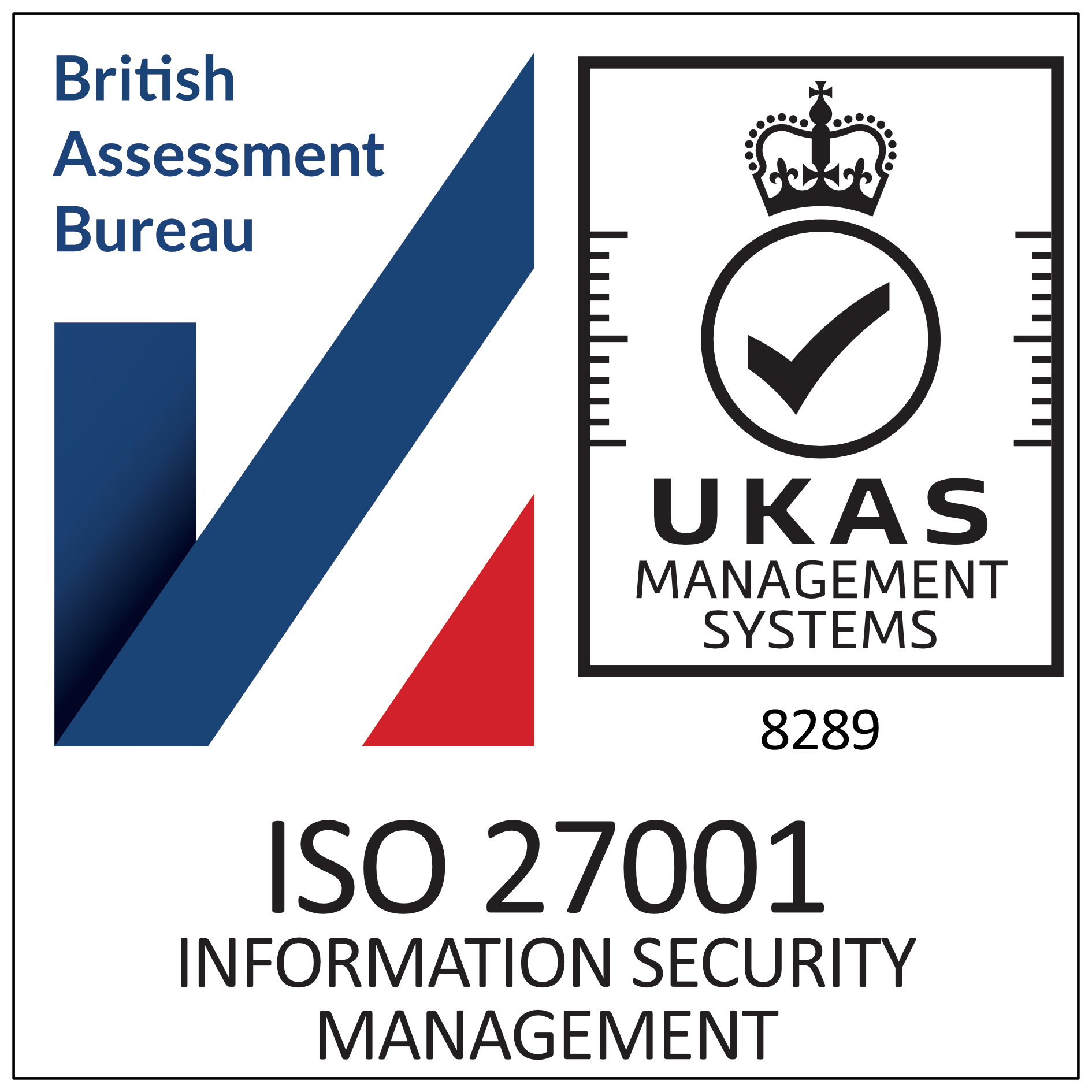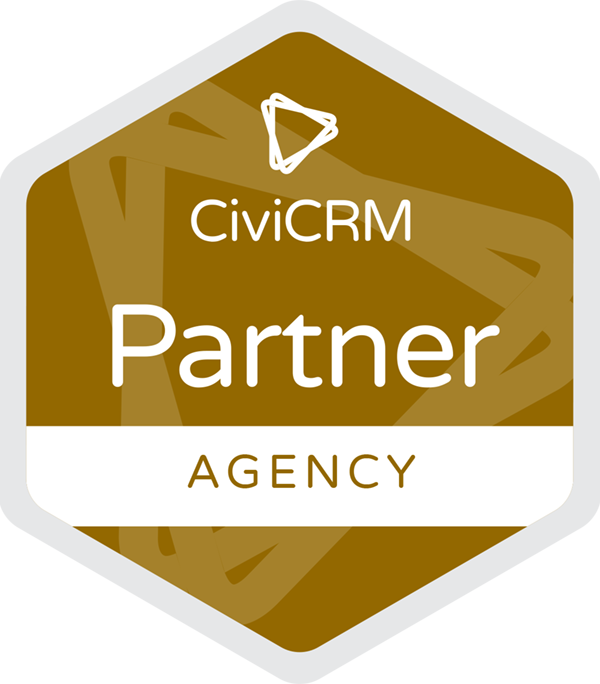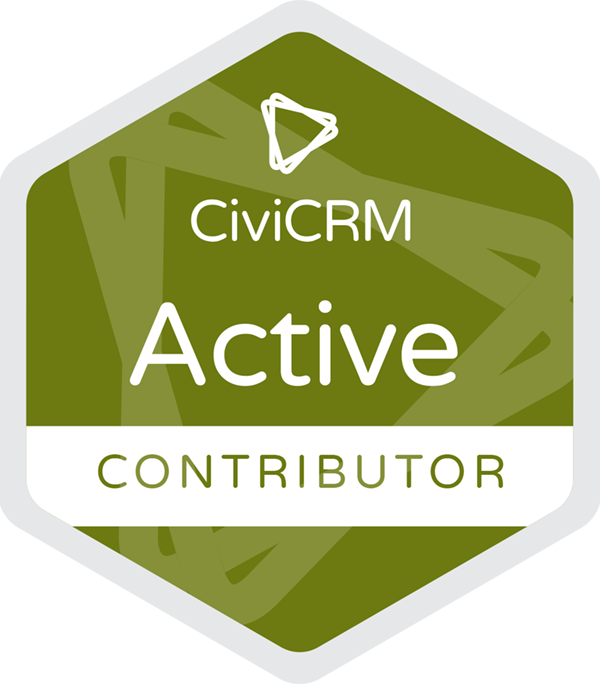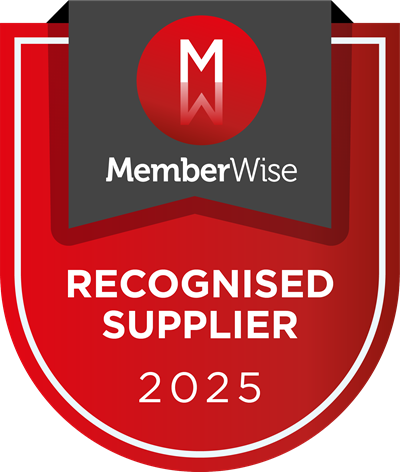Possibly the most important step in any major database change is the planning phase. Without effective, strategic planning, a project will often go ‘off the rails’ and end up exceeding both the expected time limit and budget. At Circle Interactive, we like to take our clients through an extensive ‘discovery’ process, where we gather as much relevant information about the organisation as we can. We then plan out every last detail of the project, including how our developers can work best alongside your existing team to ensure a smooth transition to the new system. From our experience, here are the most important aspects to consider when planning a successful CRM project:
SMART goals
You’ll need people who can plan things, define lots of details and organise the rest of the team to do whatever is required in addition to their regular jobs. To keep the project ticking over and ensure it doesn’t become overwhelming, set SMART goals:
- Specific
- Measurable
- Achievable
- Relevant
- Time-bound
It is also important to establish key milestones and keep track of these throughout.
Keeping Track
As things go along it’s important to document what’s being done, why decisions are being made and how things should work. There are a range of tools that will help with this. We manage projects on our dedicated intranet, but often end up collaborating in project management systems like Basecamp and Trello, bug tracking software like Jira and more. What matters is that everyone is comfortable with it and you can share documents and messages with all relevant people.
Moderation
One of the challenges you’ll face along the way will be not communicating everything to everyone with the risk of overwhelming them, but ensuring that everyone involved gets the information they need, when they need it. This will allow them to make effective decisions, fulfil their part of the work and feel part of the process.
Security
You’ll also need to address issues around security and confidentiality. These will be different in each case, but you will need to decide why you’re collecting data and who should have access to it. You may need to define who can access which groups of contacts: some organisations may have a special team to deal with high-value donors, or access to vulnerable client records may be restricted to those that are delivering services to those individuals.
Training
You may find that there are advantages to adopting some of the workflows native to the new system rather than imposing your old workflows on it and this may need to be addressed with training and documentation. It could be that the new system allows greater access to data for all staff and results in a changed culture around sharing information. This could need to be addressed through workshops.
And...
So fully embrace the changes needed to make your organisation more efficient and ensure everyone involved shares your vision by involving them in the process. Make sure the right people have the right roles in the project. Start thinking about training right at the outset and make it an integral part of the project. Budget spent here will usually reap rewards across the project as a whole. And get the most out of your consultants. They are there for you at this point and can bring a wealth of experience to the table if you let them.
If you feel your organisation would benefit from our expert consultancy, development, hosting and training services, please get in touch today.








